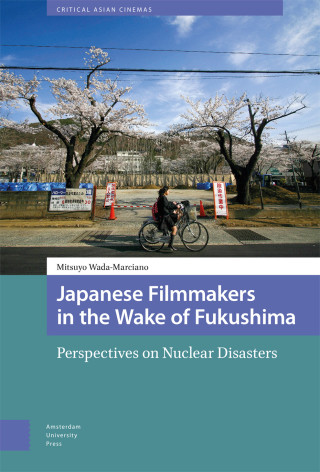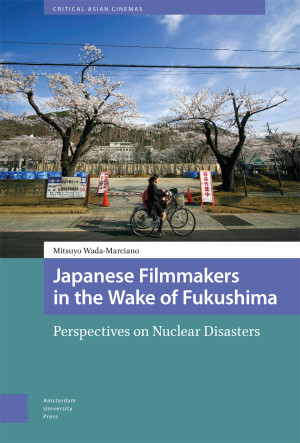Mitsuyo Wada-Marciano is Professor of Cinema and Media Studies, and Director of Joint Degree Transcultural Studies (JDTS) Graduate Program in Kyoto University, Graduate Studies of Letters. She is the author of Nippon Modern: Japanese Cinema of the 1920s and 1930s (2008), Japanese Cinema in the Digital Age (2012), No Nukes: Power of Cinema and Contemporary Art in Post Fukushima Japan (in Japanese, 2021). She is also the co-editor of Horror to the Extreme: Changing Boundaries in Asian Cinema (2009), and the editor of Theorizing “Postwar” in the 1950s Japanese Cinema (in Japanese, 2012) and Rethinking the Media Discourses in Post-3.11 (in Japanese, 2019). Her research interests include Japanese cinema and media culture, East Asian Cinema, queer cinema, and archive film in the digital period.

